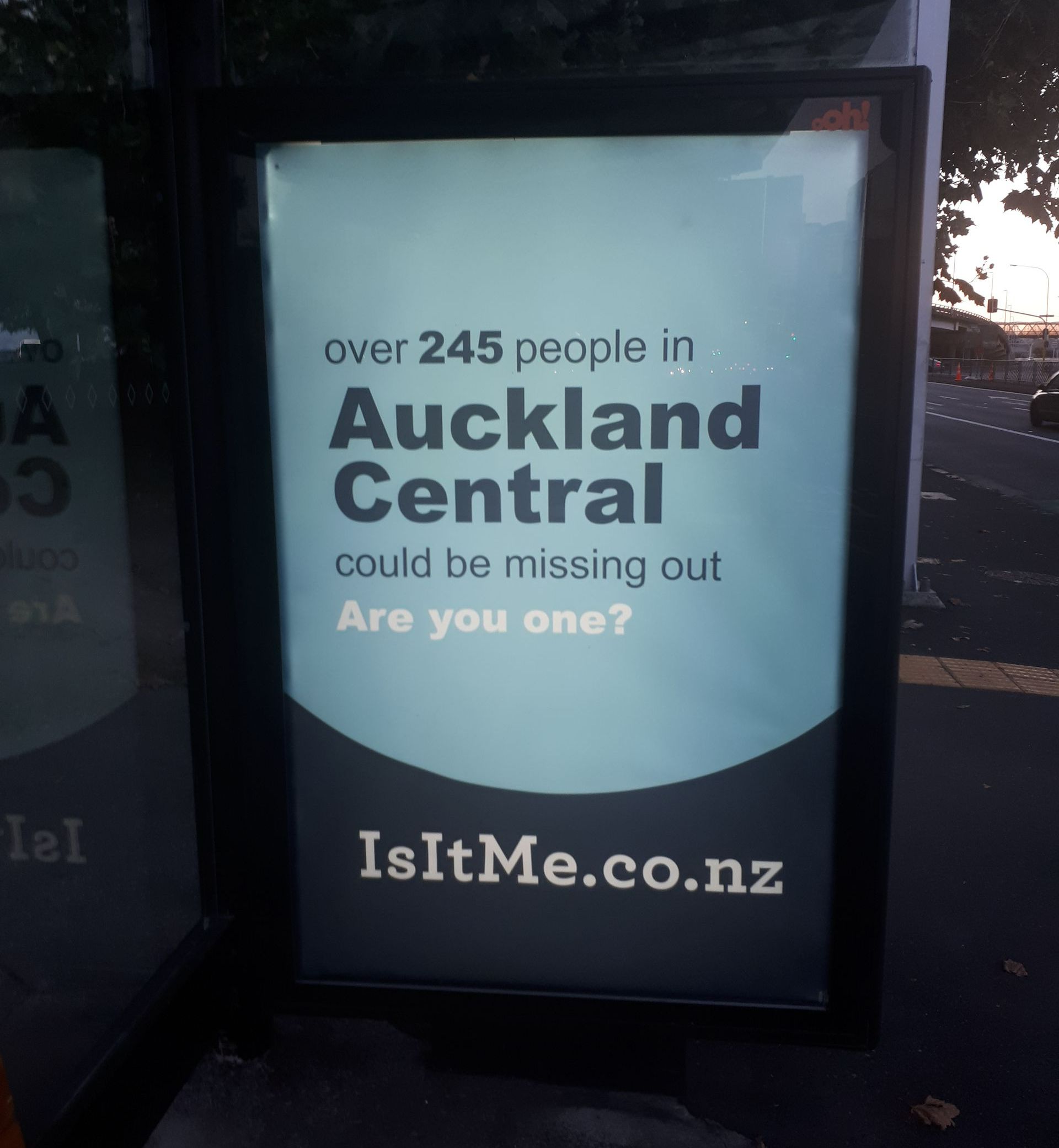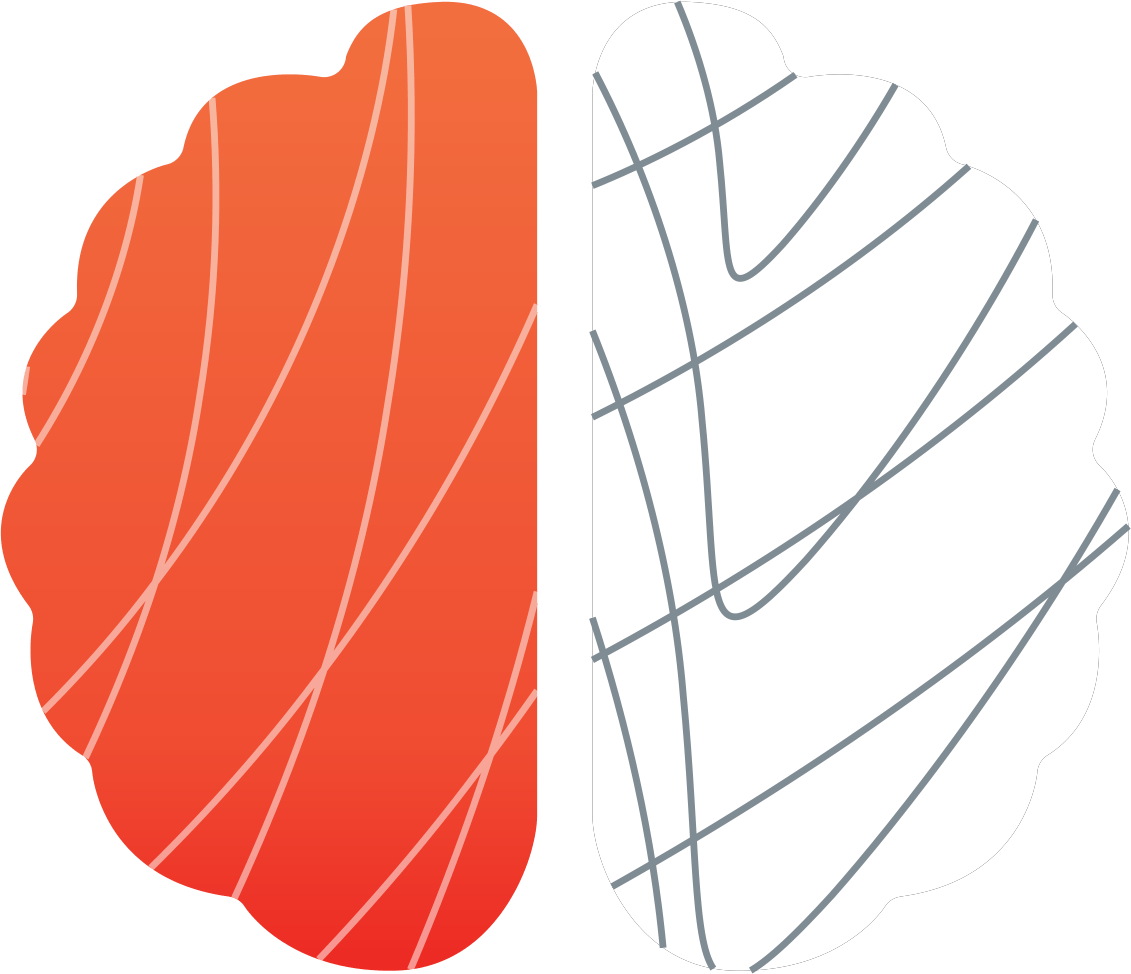Working from home - the challenge & opportunity
One of the most obvious changes resulting from New Zealand’s Lockdown response to COVID-19, was the overnight shift for many employees to working from home. Where in the past it was seen as too hard, or there were concerns about productivity, in the face of an impending pandemic, the excuses fell away and it turned out not to be that hard to implement.
The first wave of The 2020 Vision Project showed that for those with jobs that allowed it, Kiwi’s took to working from home in a big way. Our participants set themselves up in home offices, on the dining room table – any space where there was a plug for a laptop.
But like many new trends, people’s response wasn’t all good and it wasn’t all bad. There are opportunities from increased working from home – but there are also adaptations that will need to be made for companies wishing to gain the benefits of an engaged workforce, and from employees wanting to reap the benefits.
“it's easier for some things, and harder for other things … I think, at first it seemed like a lot of stuff was much easier. Because we kind of changed to doing things … the way we had wanted to do them for quite a while, but there had always been some push back and that kind of just went out the window. So we kind of got to do some things a lot more efficiently”
The benefits – opportunities to embrace
There were a number of unique benefits that people embraced when working from home – not least the feeling of good fortune compared to others in the country who were unable to work.
Working from home was something that many had tried to push for in the past – it was something they’d wanted to do. But whether due to office culture or concerns from employers about lost productivity, had been difficult to implement
- Increased productivity – without the constant interruptions and barrage of impromptu meetings found in a typical office
- Providing people with extra hours in the day – time previously taken up by commuting into work, getting themselves presentable for face to face interactions, and time dictated by a 9 to 5 schedule
- This provided the chance to spend more time with family or other members of our bubble in (Lockdown-based) activities, providing a better work/life balance
- Finally, there were the mental health gains from staying within a comfy home environment, as opposed to fighting through traffic or past other commuters
“I don’t have 20 people barging in my office, telling me hey I need this or hey I need that … doing all my regular audits and that I can do online. Not having to sift through lots and lots of paperwork is actually refreshing. I guess that's that's part of the excitement there.”
The challenges to resolve
As previously said, it wasn’t all good – there were a number of challenges needing to be resolved. These included:
- The biggest challenge was the lack of social interaction from not being around workmates. This illustrates that work is more than just a place of productivity, but a place of purpose and social relationships. As a result, many people didn’t want to do away with the office altogether – they just didn’t want to be there five days per week.
- Many people’s homes weren’t set up for the rapid introduction of regularly working from home. While those who were lucky enough to have a home office were able to rapidly move into Zoom meetings and the like, many others were struggling to setup in bedrooms and living rooms
- Finally, several expressed a view that there were additional costs they incurred while working from home. People were concerned about how much extra they were having to pay in power and stationery – costs that had previously been incurred by their employer, and costs they felt should continue to be incurred by their employer
“There was a time there for a while, you felt really isolated. I know I did, I’m a people person. So with just me and my partner at home, there was days where I was, wasn’t trying to be rude to him, but I’m like, you’re not enough!”
What could this mean for the office environment of the future?
Over the coming months and years, it will be interesting to see how this impacts workplaces.
Some potential implications to consider:
- How much space will businesses need to maintain if more people work from home, more frequently? And what happens to those existing spaces, and the ancillary businesses (e.g. cafes) that rely upon them? We’ve seen the impact in Christchurch, where businesses moved out to the suburbs after the earthquake
- What does this mean for how office space is utilised? There’s already a growing trend towards Agile workspaces – does this mean the end of specified meeting and desk spaces?
- Could this pave the way for a greater role for shared office spaces and/ or smaller regional offices? This is already happening with companies such as AMP announcing the closure of inner city offices
- How will we manage the potential effects of social isolation and mental well-being if we remove the frequent in-person interactions of the office space?
- Does this impact how we utilize space within our homes, and how we manage home relationships during the working week? (e.g. when some household members might be working, and others aren’t during a typical working day)
- Does the relationship between employer and employee change, if people begin to expect to work from home as a right, and expect reimbursement for the costs of doing so?
- What does this mean for B2B interactions, which often rely upon a personal interaction, if traditional office spaces become less common?
- Is there a flow on effect from less inter-city business travel (e.g. airlines, hotels, car rental companies) resulting from less business travel as we become more comfortable with remote remote working?
This is only one of the topics that were unearthed as part of The 2020 Vision Project, and we will continue to follow up on this with our participants in future waves. If you want to stay in touch with the latest findings, remember to sign up to the project newsletter, or contact Cole Armstrong at NeuroSpot and Mark Finnegan at Clarity Insight to discuss more.




